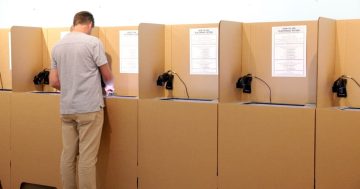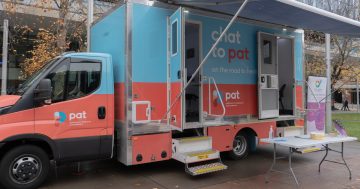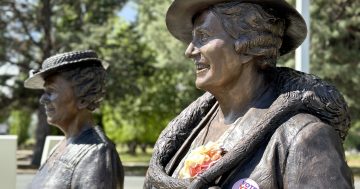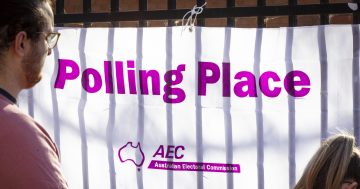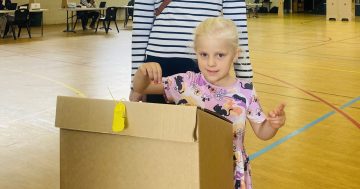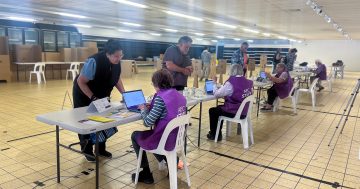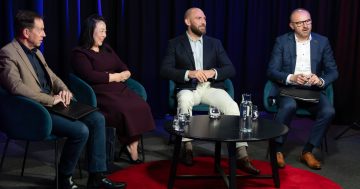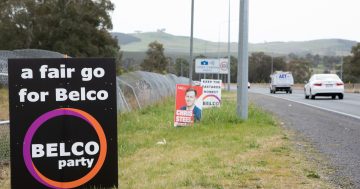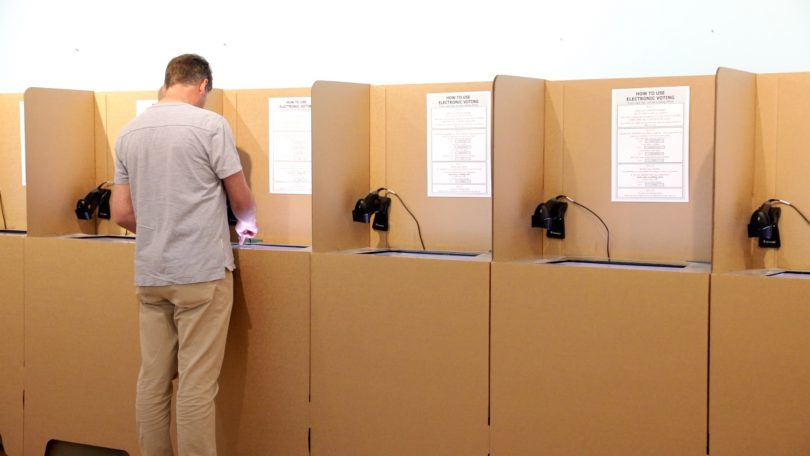
Elections ACT has recommended that mobile polling is used to make voting more accessible to homeless people. Photo: Region Media.
Mobile polling at locations across Canberra should be conducted at places where homeless people congregate, such as at welfare services, an ACT Electoral Commission report has found.
Political interest can be higher among the homeless than the general population, but their turnout rates are much lower, the report into the 2020 election said, citing research from the University of South Australia and the University of Adelaide.
The research found the most common factor inhibiting homeless people from voting was that they were unaware of where to vote or could not access voting services.
The lower voting rates of homeless people were also impacted by their not being enrolled to vote and not being aware that they could vote.
Elections ACT set up a temporary voting facility at the early morning centre (EMC) on Northbourne Avenue in Civic to try to improve voting access to homeless people within the city centre.
The centre opened on two days in the final week of early voting for two hours from 9:00 am, when the EMC was at its busiest serving breakfast.
Although only six votes were taken at the EMC over the two days, the ACT Electoral Commission said it was “an important first step in increasing the services provided to homeless electors”.
However, Elections ACT could not set up more voting locations where homeless people usually gather as under the Electoral Act they would be classified as mobile polling places, which can only be conducted at correctional centres and locations with health care arrangements such as hospitals and nursing homes.
According to the report, a more flexible and responsive arrangement was needed.
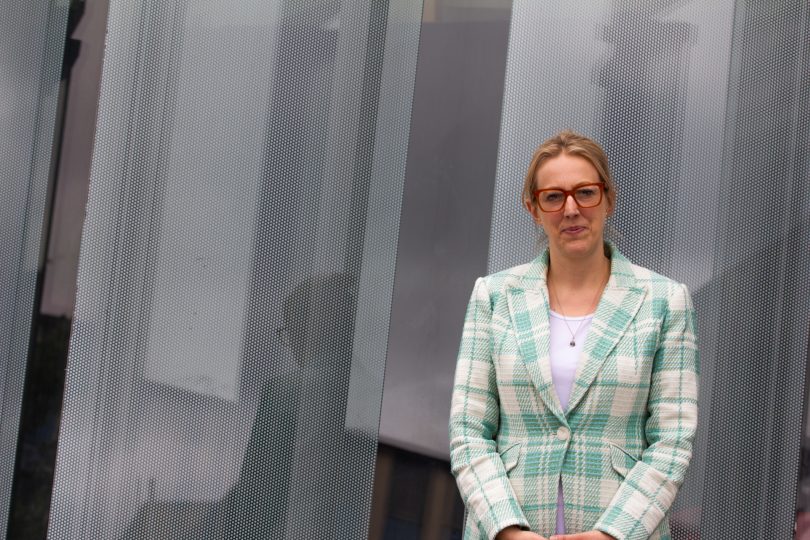
ACTCOSS CEO Emma Campbell said it is important that the voices of vulnerable people are heard in our democratic processes. Photo: Dominic Giannini.
CEO of the ACT Council of Social Services Dr Emma Campbell welcomed the recommendation and said the organisation was grateful for Elections ACT for engaging with them about inclusive polling and accessibility.
Vulnerable people, including homeless people, often have a more vested interest in elections with issues like housing, health and the delivery of services impacting them disproportionately, she said.
“Anything that includes vulnerable people in Canberra in the democratic process is welcome,” she told Region Media.
“It is really important their voices are included in the election so we can change the system to meet their needs.”
While Dr Campbell welcomed the inclusivity from Elections ACT, she said more work needed to be done in the prison after she heard reports that very little information entered the Alexander Maconochie Centre about candidates, policies and parties.












